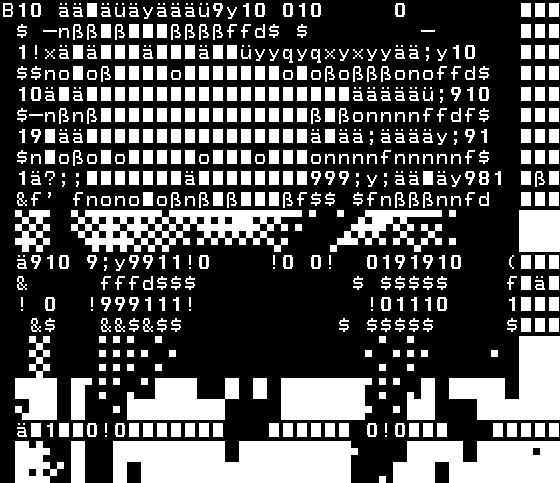
These are conditions endemic to Post-Internet society, allowing for a ubiquitous authorship which challenges notions of the “definitive history” or the “original copy.” Just as Barthes' proclamation of the “death of the author” is in fact a celebration of the “birth of the reader” and the “overthrow[ing of] the myth,” 11 culture Post-Internet is made up of reader-authors who by necessity must regard all cultural output as an idea or work in progress able to be taken up and continued by any of its viewers. With this comes new issues, though. As Alexander Galloway and Eugene Thacker point out, “the mere existence of networks does not imply democracy or equality … [we] suggest [that] rhizomatics and distribution signal a new management style … as real as pyramidal hierarchy, corporate bureaucracy, [&c.].”12 While art may no longer have to contend with an idea of “mass media” as a fixed, monolithic system, instead it must now deal with both itself and culture at large as a constellation of diverging communities, each fixated on propagating and preserving itself. This condition is espoused in the writings of Nicolas Bourriaud as “constructing archipelagoes … a voluntary grouping of islands networked together to create autonomous entities” as a means of proclaiming that “the universalist and progressive dream that governed modern times is in tatters.”13 Elsewhere Critical Art Ensemble (CAE) explain similar ideas, expressing culture as already beholden to a “bunker” ideology, a self-preserving and replicating tendency towards the formation of specified bureaucratic structures, a tendency CAE pinpoints equally in “community-based art”14 and traditional mass media. CAE write, “While mass media brings its viewer the world, the world is also held at bay while the viewer commits h/er gaze to the screen, forever separated from others and from communal space”15 Increasingly though, mass media and the world of “the screen” is our communal space. And with it comes new fragments with their own particular hierarchies. As reader-authors navigating these fragments, where now would we find a space within which to delineate “art”? Or, if the new “mass media” is as distributed and varied as our social networks themselves, and in fact driven by them, is that delineation even necessary? Ironically, the most radical and “progressive” movements of the Post-Internet period would be those who either pass by either largely unnoticed due to a decision to opt out of any easily-accessible distribution networks, or else would be composed of a community of people producing cultural objects not intended as artistic propositions and not applying themselves with the label of artist.16 10

